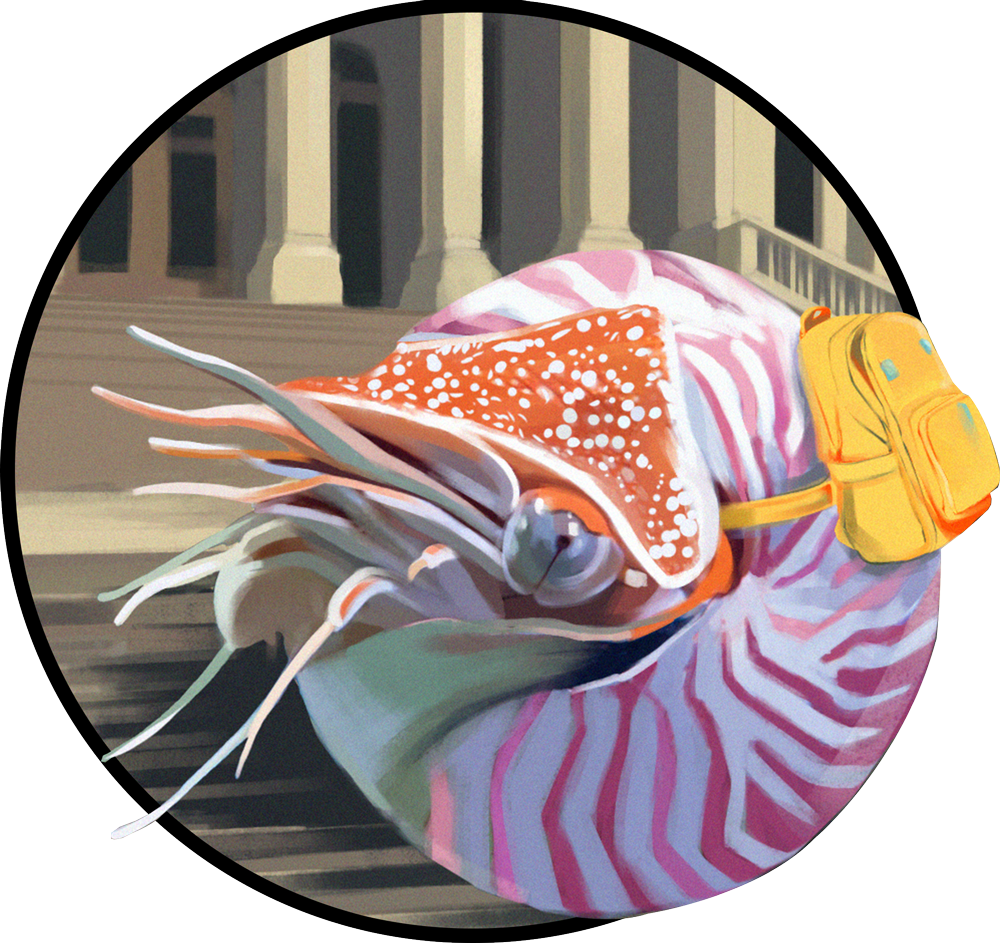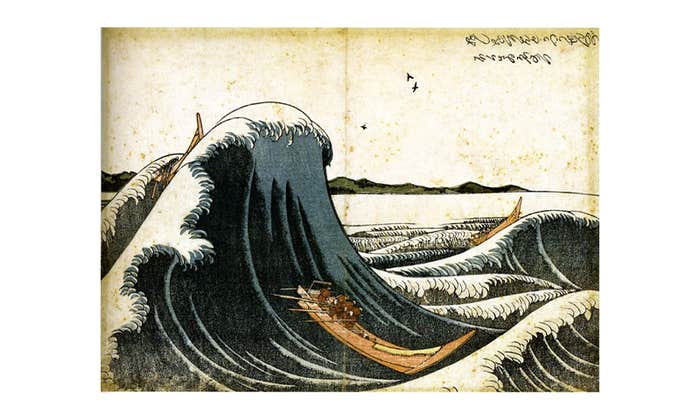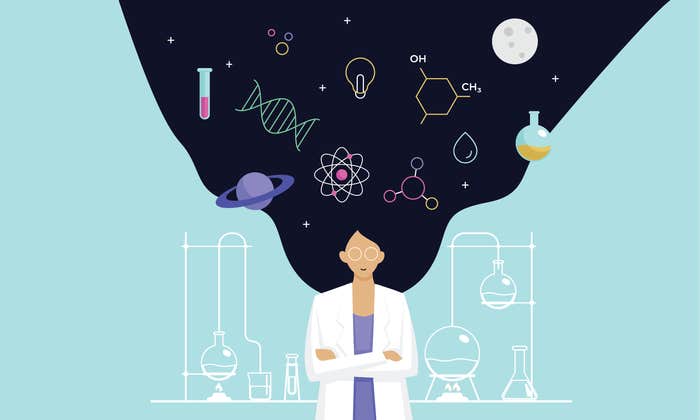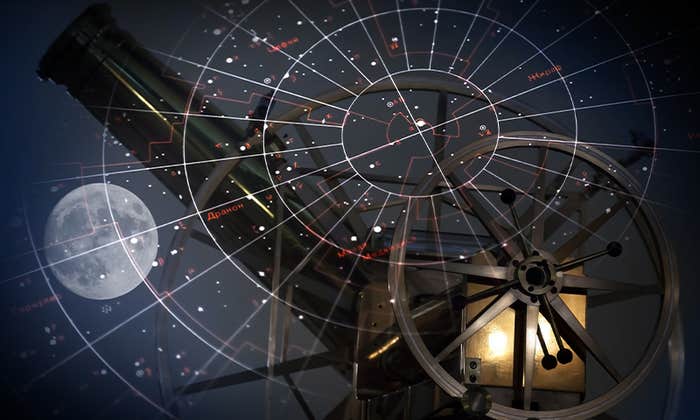Among other pursuits, Simon DeDeo studies big things—those that are too big to experiment on. These include cosmology, the subject of his doctoral dissertation, and human societies. How do you do science when, as DeDeo puts it, you can only run the tape once?
One answer is to look at fine-grained detail over large timespans, as he and colleagues have done with hundreds of years of records from London’s Old Bailey courthouse. As a professor at Indiana University and a research fellow at the Santa Fe Institute, his other research interests are nothing if not wide-ranging: the insurgency in Afghanistan, cooperation in traditional South American societies, and the theory of computation are among them.
In conversation as in research, DeDeo travels, synthesizes, and surprises. In this interview, he takes us from Facebook to Wordsworth, bringing a physicist’s precision to thinking about how we live our lives.
Can we apply a physics-like reductionism to people?
You’ve studied cosmology and social systems. Why those topics?
How did you move from cosmology to social systems?
The Santa Fe Institute, where you worked, focuses on complexity. Why is complexity important?
Brian Greene recently said that the Cosmic Microwave Background (CMB) theory is as beautiful as any piece of art. Do you agree?
Your most recent Nautilus essay is about digitized criminal records from England. How did that work start?
How is big data changing the study of history?
How is Facebook changing us?
How do social networks like Facebook relate to feedback?
How big a change have social networks had on how we interact?
Is there a moral dimension to feedback?
Do we steer culture, or does it steer itself?
What advice would you give to a policymaker?
What has surprised you most in your research on social systems?
Are you optimistic about the future?
You often reference literature in your writing. Why is it important to you?
What was it like working at the Santa Fe Institute?
What would you be if you weren’t a scientist?





























